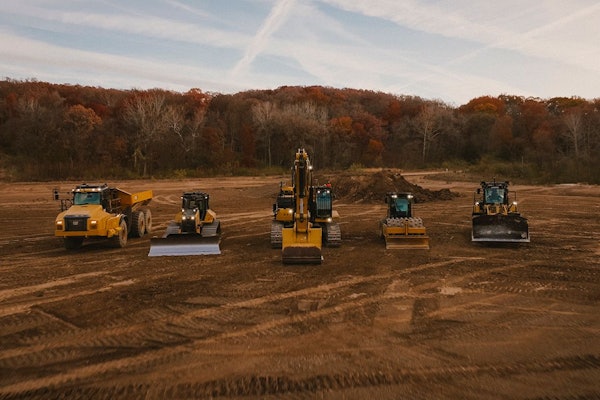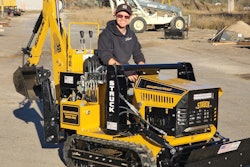Early on in my construction journalism tenure I interviewed a contractor who for me came to symbolize the family underpinnings of this industry. He had what seemed to be the perfect setup: As he was looking forward to stepping down in about 15 years, his two sons were gradually taking over. One son had a business degree and ate up the financial minutia that can sometimes bury construction owners. The other son was all dirt and blue jeans, relishing field work. Both sons were happy to let each other run their respective domains while their father became a strong voice in the local contractor associations.
This firm is no longer in business.
If you think running a construction firm is sometimes a dicey proposition, the chances of your firm making it to the second generation are even more discouraging. But through conversations I’ve had with several contractors, I know handing over a thriving firm to your children is one of your strongest desires. There are some assumptions you need to avoid to make this work.
Assuming they want it. Just because you love what you do (and according to the reader profile surveys we’ve taken over the years, the overwhelming majority of you do), it doesn’t mean your offspring has the same passion. While they may have been operating a backhoe since they were 12 – not an unusual story – they also may be going through the motions. There’s an undeniable emotional quotient in this work: What you do literally changes your corner of the world. Can you see the same pride you have in your business in your child?
Assuming they have the needed skills. Take a step back and evaluate the second generation as strongly and objectively as you would any employee. Construction consultant FMI advises you to investigate their leadership skills. How good are they at setting strategy? Have they formed solid relationships with your key clients? Have they brought new clients to the table? How have they handled the aftermath of a bad business decision?
Assuming you have all the time in the world. At Equipment World, the fallacy of this thinking became a too-close reality when our chairman Pettus Randall fought cancer in 2002, living just nine months after his diagnosis. That this company is thriving today is a testament to the battle he and his successor Mike Reilly waged to create a workable succession blueprint. Whatever your age, it’s not premature to make the many painful decisions this kind of planning entails.
As FMI points out, one of the most difficult tasks you have as a construction company owner is to find your replacement. Unfortunately, despite all your dreams, it just might not be your child.






